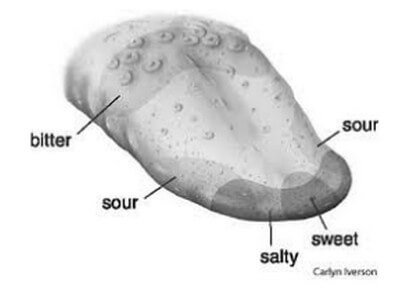

Those experiencing this symptom should focus on bold-flavored foods and continue to eat a balanced diet. While not a serious health concern, loss of taste can be frustrating and impact nutrition. In summary, the flu and loss of taste are connected, likely due to inflammation in the nasal passages and sinuses during infection. If you suspect you may have been exposed to the flu or any other illness, be sure to get tested as soon as possible. Loss of taste can also be a symptom of other illnesses, such as COVID-19, so it is important to be aware of any other symptoms you may be experiencing. If your symptoms persist or worsen, seek medical attention. If you are experiencing loss of taste along with other flu symptoms, it is important to stay home and rest.Īvoid close contact with others to prevent the spread of the flu, and practice good hygiene, such as washing your hands frequently and covering your mouth and nose when coughing or sneezing.

Try focusing on foods with strong, bold flavors, such as spicy or sour dishes. It is important to continue to eat a balanced diet, even if your sense of taste is diminished. In severe cases, it can make it difficult to eat enough to maintain proper nutrition, especially in older adults and those with underlying health conditions. While loss of taste may not be a serious health concern, it can be a frustrating and uncomfortable symptom for those experiencing it. In some cases, the loss of taste may be accompanied by a loss of smell, which can further impact a person’s ability to enjoy their favorite foods. Inflammation can cause swelling and blockages, which can interfere with taste sensation. The connection between the two is not fully understood, but it is believed that it may be due to the inflammation that occurs in the nasal passages and sinuses during a flu infection.

Loss of taste is becoming an increasingly common symptom of the flu. Cancer 1983 52:587-98.Tips for Speeding up Tongue Restoration after the Flu The Connection between Flu and Loss of Taste Do patients with weight loss have a worse outcome when undergoing chemotherapy for lung cancers? Br J Cancer. Ryan AM, Prado CM, Sullivan ES, et al: Effects of weight loss and sarcopenia on response to chemotherapy, quality of life, and survival.Metallic Taste in Cancer Patients Treated with Systemic Therapy: A Questionnaire-based Study. IJpma I, Timmermans ER, Renken RJ, et al.Characterization of chemosensory alterations in advanced cancer reveals specific chemosensory phenotypes impacting dietary intake and quality of life. Brisbois TD, de Kock IH, Watanabe SM, et al.Alteration in Taste Perception in Cancer: Causes and Strategies of Treatment.

Subjective and objective taste and smell changes in cancer.


 0 kommentar(er)
0 kommentar(er)
